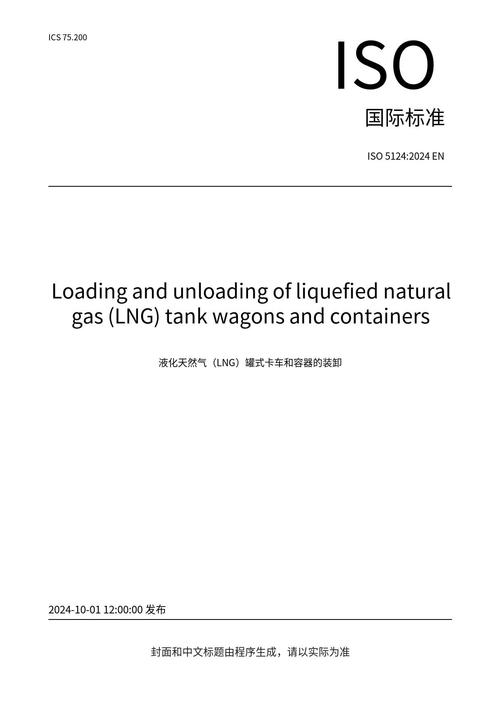
Understanding Current ETH Gas Fees: A Comprehensive Guide
As a user of Ethereum, staying informed about the current gas fees is crucial for making efficient transactions. Gas fees are the costs associated with executing smart contracts and sending transactions on the Ethereum network. These fees can vary widely based on network congestion, transaction complexity, and other factors. Let’s delve into the various aspects of current ETH gas fees to help you navigate the Ethereum ecosystem more effectively.
What Are Gas Fees?
Gas fees are the payment made to miners for processing transactions on the Ethereum network. They are measured in gas units, which represent the computational work required to execute a transaction. The higher the gas price, the faster your transaction will be confirmed.

Factors Influencing Gas Fees
Several factors can influence the current ETH gas fees:
-
Network Congestion: When the Ethereum network is busy, gas fees tend to rise. This is because there are more transactions competing for limited block space.
-
Transaction Complexity: Transactions that require more computational resources, such as complex smart contracts, will have higher gas fees.
-
Block Size: The size of a block can also affect gas fees. Larger blocks may lead to higher fees as they require more computational resources to process.

-
Time of Day: Gas fees can vary throughout the day, with higher fees during peak hours.
Understanding Gas Fees with Real-Time Data
Real-time data is essential for making informed decisions about gas fees. Websites like Etherscan and GasNow provide up-to-date information on current gas fees. Here’s a breakdown of the data you can find on these platforms:
| Parameter | Description |
|---|---|
| Lowest Gas Price | The minimum gas price you can pay to ensure your transaction is processed quickly. |
| Average Gas Price | The average gas price across all transactions on the Ethereum network. |
| Fastest Gas Price | The highest gas price you can pay to guarantee your transaction is confirmed as quickly as possible. |
| Block Time | The average time it takes for a new block to be created and added to the blockchain. |
Optimizing Gas Fees
Here are some tips to help you optimize your gas fees:
-
Choose the Right Time: Avoid sending transactions during peak hours when gas fees are higher.
-
Use a Gas Fee Calculator: Tools like GasNow Calculator can help you estimate the gas fees for your transaction.
-
Optimize Your Transaction: Minimize the complexity of your transaction to reduce gas fees.
-
Use a Web3 Wallet: Web3 wallets like MetaMask allow you to set your preferred gas price and prioritize your transactions.
Monitoring Gas Fees with Alerts
Monitoring gas fees can be challenging, especially if you’re not constantly checking real-time data. Many wallets and services offer gas fee alerts to notify you when gas fees reach a certain threshold. This can help you make informed decisions about when to send your transactions.
Conclusion
Understanding current ETH gas fees is essential for Ethereum users to make efficient transactions. By considering the factors influencing gas fees, utilizing real-time data, and optimizing your transactions, you can navigate the Ethereum network more effectively. Stay informed, and you’ll be well on your way to making the most of the Ethereum ecosystem.




